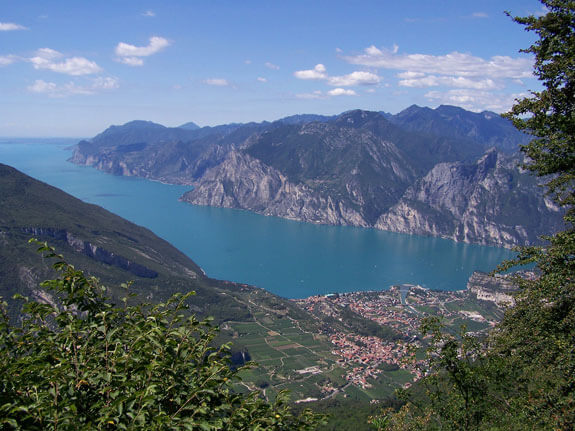Wastewater Treatment Plant In Arkansas Says Goodbye To Chlorine & Hello To UV
When it comes to wastewater treatment, two common methods are widely used today: chemical and physical. Chemical inactivation is typically achieved by chlorine gas or hypochlorite, whereas physical inactivation is by UV light. An increased awareness of the disadvantages of chemical treatments, specifically chlorine, continues to prompt wastewater treatment plants to convert to UV.
Take the City of Hot Springs, Arkansas for example. Officials there decided to convert the treatment at its regional wastewater treatment plant from chlorine to UV. This was done in an effort to eliminate the safety issues associated with chlorine and to also protect and improve receiving waters.
The UV system that the city selected was our TrojanUVSigna®. The TrojanUVSigna is designed to fit into existing chlorine contact chambers without major modifications to the channel depth or width. It also incorporates innovations, including TrojanUV Solo Lamp® Technology, to reduce the total cost of ownership and drastically simplify operation and maintenance.
UV is Effective
With chemical inactivation, the effluent is exposed to chlorine gas (or liquid chlorine) in large tanks to ensure sufficient contact time to inactivate microorganisms. However, in some jurisdictions regulations place stringent limits on chlorine levels in the final effluent to minimize by-products being discharged into receiving water. In those cases, an additional chemical process called dechlorination is required to remove residual chlorine, ultimately adding more complexity and cost to the process.
Alternatively, UV provides an efficient and effective way to inactivate wastewater. It has significant benefits compared to chlorine and has been proven effective in thousands of installations globally. Furthermore, UV is not affected by temperature or pH of the effluent and does not create by-products.
Featured Posts
Ensuring Safety and Quality in Food Contact Materials (FCM): Understanding the European Framework Regulation (EC) 1935/2004
The European Framework Regulation (EC) 1935/2004 is a major regulation governing the safety and quality standards of the food and beverage industry. It ensures that all food contact materials (FCM) are safe and compliant with European Union (EU) legislation. In this...
Achieving High-Purity Water for Microelectronics: Sustainable Solutions with Aquafine Technology
As we rapidly progress towards a more technologically dependent world backed by AI advancements, progressive medical devices, and automation, the demand for microelectronics has been increasing rapidly too. The unique nature of microelectronics fabrication processes...
Trojan Technologies to sell Salsnes Filter business
Salsnes Filter (Norway) to become a standalone entity. LONDON, ONTARIO – January 9, 2024 /PRNewswire/– Trojan Technologies today announced their plan to sell the Salsnes Filter business to current and former members of the Salsnes management team, with an anticipated...







